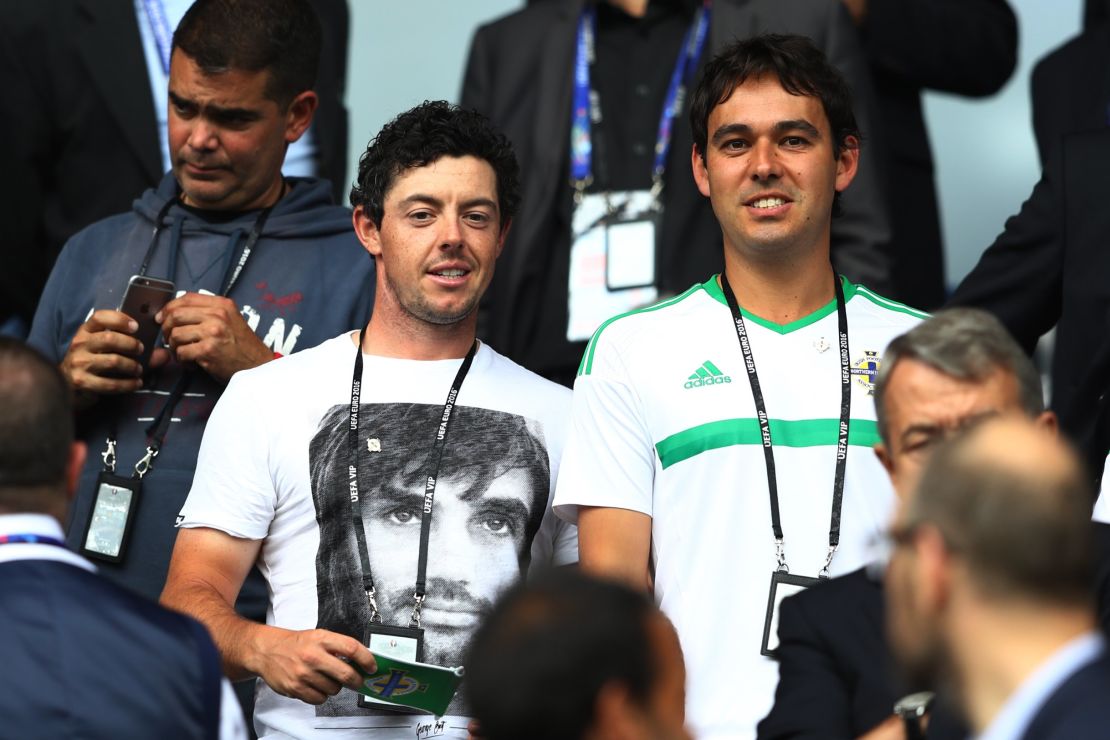Story highlights
Rory McIlroy pulls out of Rio 2016 amid Zika virus fears
Traveling to Brazil is a health "risk I am unwilling to take"
The Rio Olympics have suffered their highest-profile withdrawal to date, as golf’s world No. 4, Rory McIlroy, announced that he wouldn’t be competing amid fears surrounding the Zika virus.
The sport is making a return to the Summer Games for the first time since 1904, and organizers have had to deal with other big names pulling out, notably major winners Adam Scott and Louis Oosthuizen.
“After much thought and deliberation, I have decided to withdraw my name from consideration for this summer’s Olympic Games in Rio de Janiero,” McIlroy said in a statement.
“After speaking with those closest to me, I’ve come to realize that my health and my family’s health comes before anything else.
“Even though the risk of infection from the Zika virus is considered low, it is a risk nonetheless and a risk I am unwilling to take.”
While the symptoms of the virus – which include a rash, headaches and joint pain – aren’t severe, Zika has been linked to microcephaly in newborn babies and some cases of the muscle-weakening disease Guillain-Barré syndrome in adults.
As well as McIlroy, Scott and Oosthuizen, three-time major winner Vijay Singh and Australia’s Marc Leishman – citing Zika – have also decided not to compete.
South Korea unveils anti-Zika uniform
The Olympic Council of Ireland said in a statement that it is “extremely disappointed” not to be taking Rory to the Olympics but “respect his decision.”
“Rory was set to be one of the big stars of Rio 2016,” the organization said. “But now there is an opportunity for another Irish golfer to take up the chance to become an Olympian and participate in golf’s historic return to the Olympic Games after a 112-year absence.”
McIlroy failed to make the cut at last week’s U.S. Open, as Dustin Johnson claimed his maiden major triumph.
Olympics: Rio 2016’s ‘perfect storm’
Fearing Zika, Olympic champion freezes sperm














